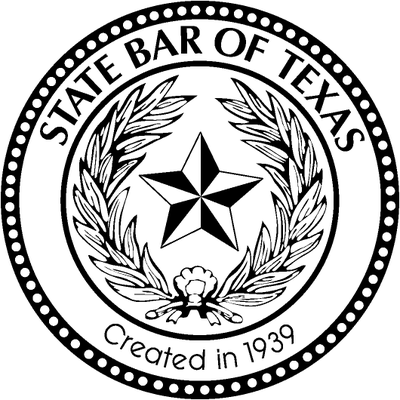Ah, the company holiday party. Some employees live for them, others dread them. Most would agree that memorable things happen at them, including some things we would rather forget. Holiday party–related activities that have resulted in a lawsuit against a Texas employer include:
• A skit performed during a company Christmas party in which children’s faces were painted black, and the audience made racially insensitive comments.
• A vice-president’s creation of figures of bare-breasted mermaids as table decorations.
• A manager asking a co-worker if she was going to wear a thong to the office Christmas party.
One case brought under the Americans with Disabilities Act (ADA) resulted in a $150,000 judgment against a Texas employer. The evidence in that case included testimony that the company president asked the employee, who suffered from hearing loss and wore a hearing aid, whether she had her “ears on” at the office Christmas party.
Without renouncing the revelries entirely, how can Texas employers manage the risk?
(1) Plan accordingly. A company party is a company-sponsored event. Consequently, even though it may occur off company property and outside of working hours, the company may be held liable for events that happen there. Therefore, plan accordingly. What is the purpose of the party and how can you achieve that purpose with minimal risk? If the purpose of the holiday party is to show appreciation for employees, you may be able to achieve that by a holiday bonus in lieu of a party. If the purpose of the holiday party is for folks to enjoy being together, you may be able to achieve that by a low-key luncheon at a local restaurant.
(2) Safety first. No surprise here: most holiday party–related activities that have resulted in a lawsuit against a Texas employer involved alcohol. I do not recommend offering it. If you do offer it, limit the risk by (1) limiting the hours of the party, (2) limiting the quantity available, (3) providing plenty of food, and (4) making sure your employees have a safe way to get home.
(3) Be intentional about entertainment. Entertainment deserves special mention because, if left in the hands of employees who are ignorant or cavalier, can go badly wrong. Appointing the office funny guy who loves off-color jokes as an MC may result in more stunned silence than laughs. Inviting employees to do a skit or roast may result in more offense than enjoyment. The last thing you want is for an employee to claim that the holiday party was a hostile work environment. So be especially intentional about entertainment.
(4) Pre-Party Training. Education and training is the best way to prevent a lawsuit, and employers often ask me what is the best time of year to do it. My answer? As often as possible and definitely before any holiday party.
(5) Have a reporting mechanism in place, and treat any complaints seriously. There are specific defenses available under Texas law to employers who have a mechanism in place to report harassment. Therefore, before the party, make sure you have a policy that explains how to report harassment and that you have communicated that policy to your employees in writing. If any inappropriate conduct is reported, treat it as seriously as you would any allegation of workplace misconduct.
With a little forethought, employers can do a lot to prevent the kind of holiday party activity that often results in a lawsuit.









